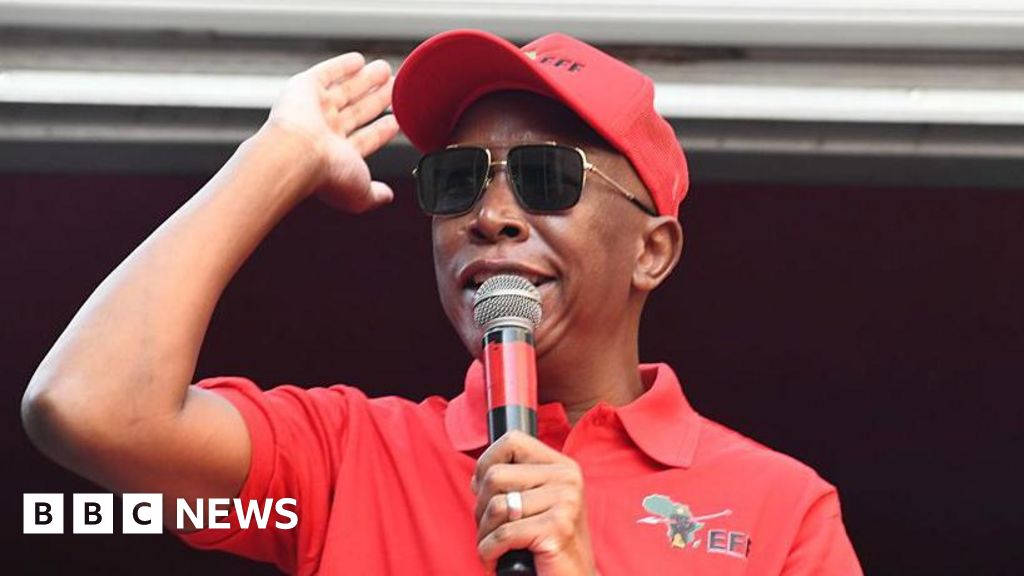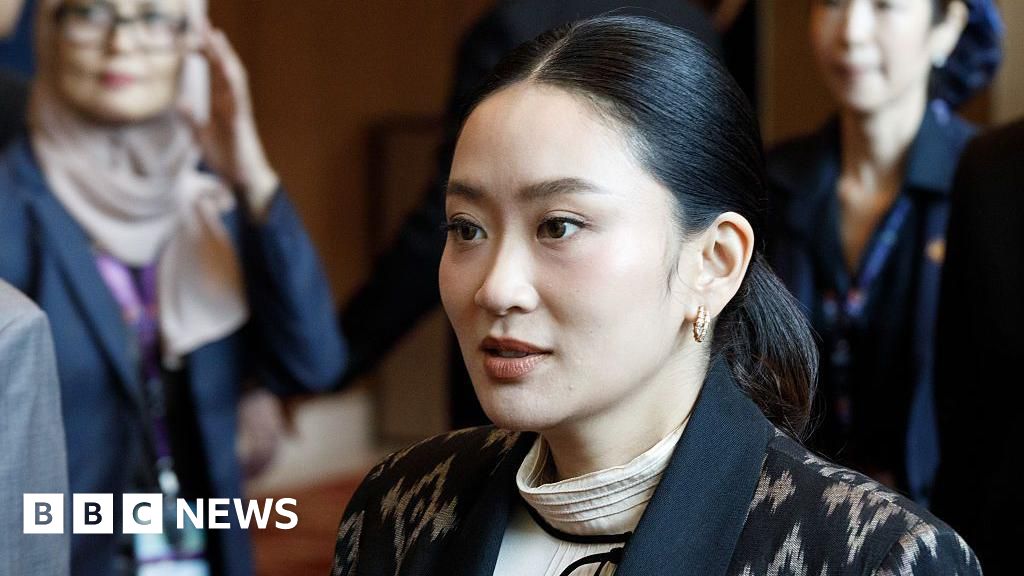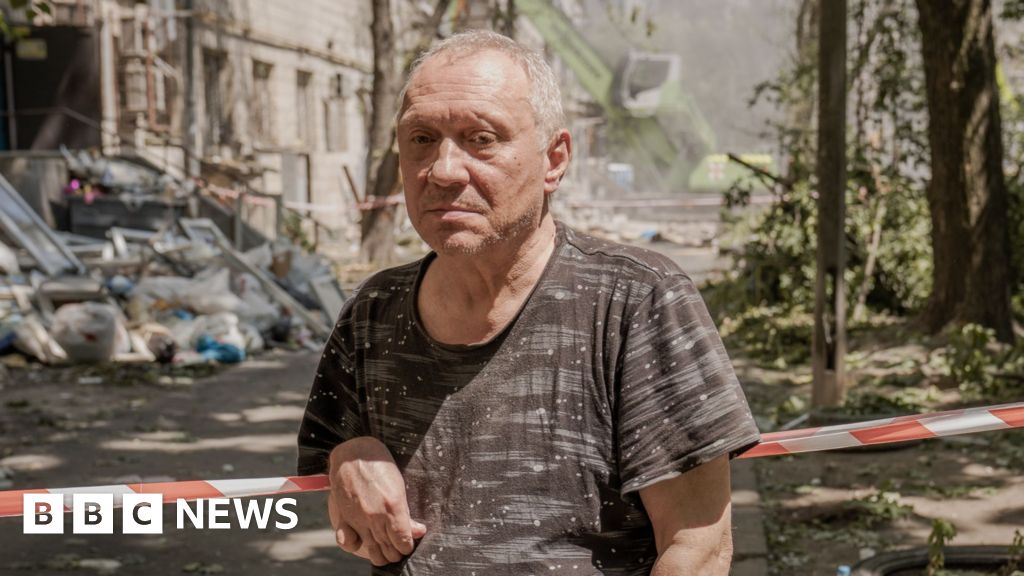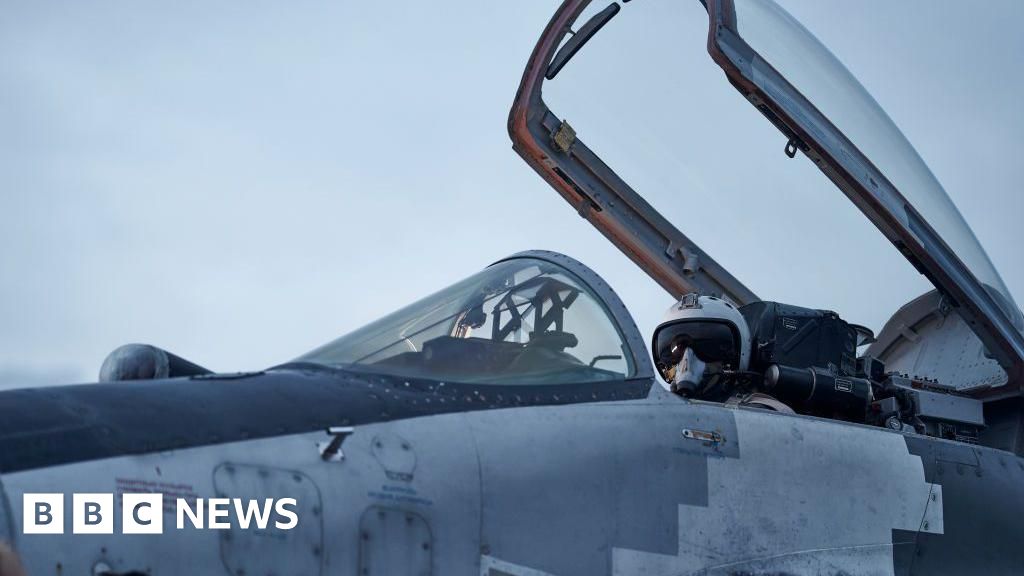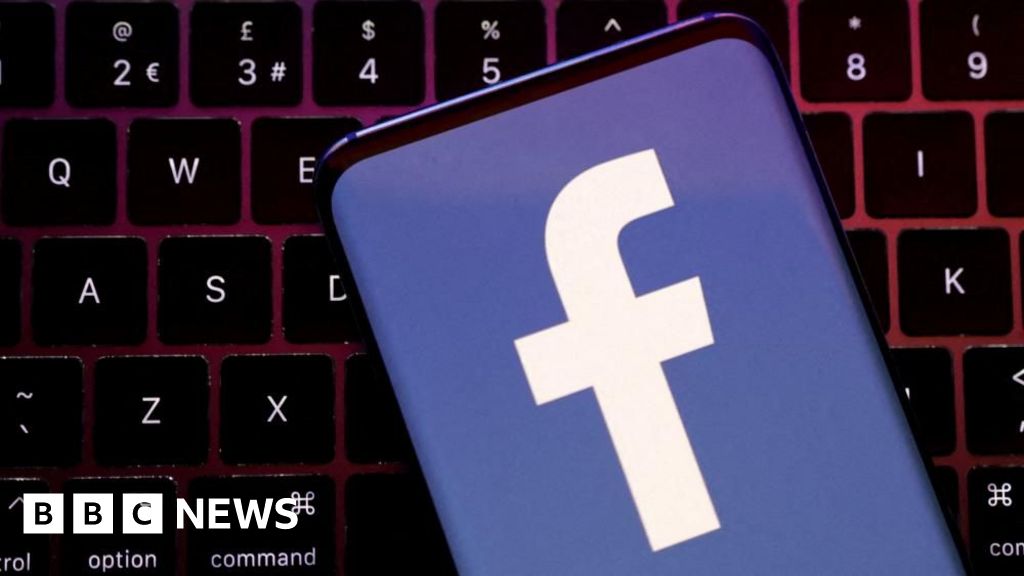After President Trump ousted Mike Waltz, his national security adviser, on Thursday night, he settled on someone less hawkish on Russia and willing to remain in lock-step with his foreign policy approach to Iran, Gaza and China.
He didn’t have to look far.
By making Marco Rubio the top foreign policy adviser in the West Wing, in addition to his main day job as secretary of state, Mr. Trump turned to a one-time political rival who has spent the first three months of the administration as a loyal, globe-trotting foot soldier and a reliable echo of the president’s agenda.
Now Mr. Rubio will help run that agenda from inside both the White House and the State Department headquarters — even as the president’s longtime friend, Steve Witkoff, remains the chief negotiator, in charge of finding an end to the wars in Ukraine and Gaza and reaching a deal with Iran on its nuclear weapons program.
Leslie Vinjamuri, the director of the U.S. and the Americas Program at Chatham House, a London-based research institute, said Mr. Rubio is “willing to align and to follow with where Trump is. What we’re getting, throughout this administration, is: Loyalty comes first, loyalty to the man, loyalty to the mission.”
But by consolidating so much foreign policy power in one person, she added, Mr. Trump risks losing someone who might provide him with different policy perspectives or competing advice.
“You just reduce the number of potential points for somebody saying, ‘Actually, whoa. Look what just happened,’” she said. “‘Look at this piece of information that flies in the face of what we suspected.’”
Mr. Rubio’s new assignment, which often requires the national security adviser to remain at the White House and close to the president, is likely to further hinder his ability to travel the globe as America’s top diplomat. That will leave even more space for Mr. Witkoff, who has little foreign policy experience, to continue his negotiations around the world. But Mr. Rubio will likely have Mr. Trump’s ear more often if he spends time in his new office on the first floor of the West Wing, just steps from the Oval Office.
On Russia, Mr. Rubio is less likely to challenge Mr. Trump than Mr. Waltz, who is a more traditional Republican hawk. Mr. Waltz had argued internally for sharp sanctions on Russia if it fails to make a deal to end the war in Ukraine, making that case as recently as Monday, according to a person with knowledge of what took place. Mr. Trump has given little public indication that he is interested in that option.
Mr. Waltz’s hawkish ideology, criticism of President Vladimir V. Putin of Russia and his previous support for President Volodymyr Zelensky of Ukraine have made him a subject of deep suspicion in the administration, according to three people closely allied with the president.
Without Mr. Waltz at the White House, there will be one fewer top official to serve as an informal conduit to Mr. Trump for foreign leaders. But for Ukraine, the Middle East, Russia and China, Mr. Rubio’s ascension underscores the president’s determination to speak with one, unified voice.
As a senator from Florida, Mr. Rubio had been a vocal critic of Russia and an enthusiastic champion of Mr. Zelensky after Russia invaded Ukraine in 2022. But as secretary of state, Mr. Rubio has been among the chorus of administration officials warning publicly that Mr. Trump might simply walk away from the beleaguered country.
“We need to figure out here now, in a matter of days, whether this is doable in the short term,” Mr. Rubio told reporters in mid-April as he met with European leaders to discuss a cease-fire in Ukraine. “Because if it’s not, then I think we’re just going to move on.”
Mr. Rubio has also echoed the president’s line on the conflict between Israel and Hamas in Gaza, saying on numerous occasions that “Hamas must be eradicated.” After Mr. Trump suggested that Palestinians be removed from the territory to make way for a “Gaza Riviera,” Mr. Rubio posted on X that “the United States stands ready to lead and Make Gaza Beautiful Again.”
Like his boss, Mr. Rubio has said that China is America’s “biggest threat,” and he has been a fierce advocate on behalf of Mr. Trump’s desire to acquire Greenland and the Panama Canal. In remarks to reporters last month, Mr. Rubio refused to say that the president would rule out using force to take over Greenland.
“What we’re not going to do is let China come in now and say, offer them a bunch of money and become dependent on China,” Mr. Rubio said. He said, ‘I’m not going to rule out anything if Greenland is encroached upon by a foreign power like a China or Russia or anybody else.’”
And while Mr. Rubio has repeated the president’s warning that the United States will not allow Iran to acquire a nuclear weapon, he has also followed Mr. Trump’s directive to seek a diplomatic deal that would eliminate the need for military action.
“This is the best opportunity they’re going to have,” Mr. Rubio said of Iran on Fox News Thursday evening. “President Trump is a president of peace. He doesn’t want a war.”
Mr. Witkoff has been leading the talks with Iran in recent weeks. But Mr. Rubio has been vocal too, insisting that any deal must require Iran to give up the ability to enrich uranium, even for nuclear power reactors. Iranian leaders have publicly rejected that demand, saying they should have a right to produce uranium.
“You can perhaps read this as an indication that Waltz was out of step with Trump — too hawkish —- on issues like Ukraine and Iran,” said Hal Brands, the Henry A. Kissinger Distinguished Professor at Johns Hopkins University.
Source link

